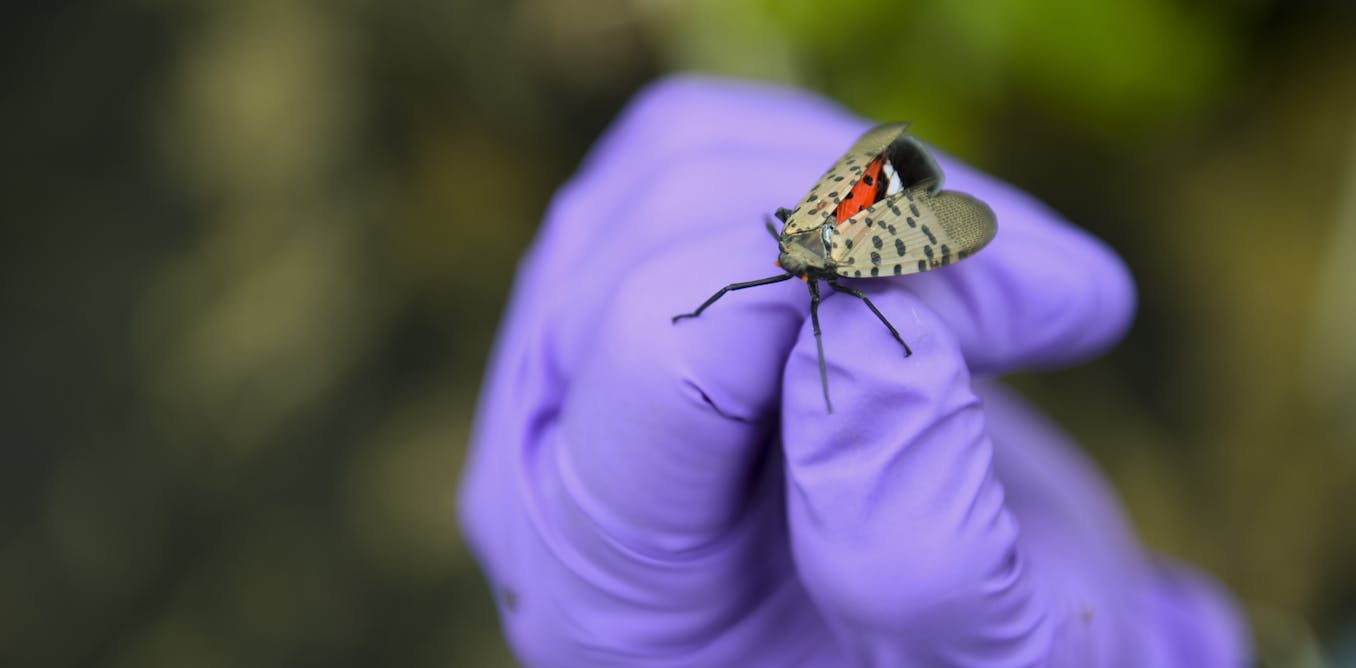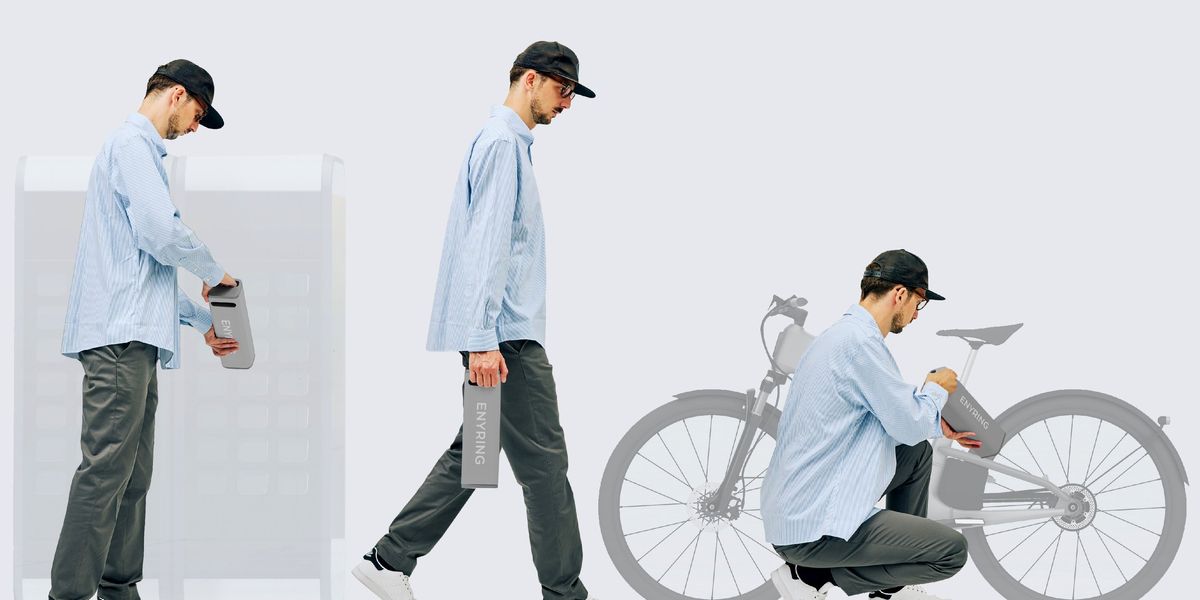E-bikes are today a growing component of the global transition away from fossil fuels—possibly more than the car-and-truck-focused sustainability crowd appreciates. E-bikes’ rapid growth in recent years stems in part from their simple solution to the range issue that big, hulking cars typically don’t offer. E-bikes are powered by relatively small batteries that can be wrangled by the average person who can handle a carton of milk.
Because of that form factor, battery swapping for e-bikes is a quick and simple method for staying powered up, whereas for a traditional four-wheeled EV, swaps are a more involved process for doing the equivalent of filling a gas tank.
The Japanese conglomerate Yamaha Motor Co., best known for its motorcycles and motorboats, is now looking to expand into this growing marketplace, too. At the end of last year, Yamaha announced it’d formed a subsidiary called Enyring. The new entity, which is slated to kick off operations in Germany and the Netherlands in early 2025, says they’ll partner with manufacturers for maximum compatibility among models and types of e-bike. Also crucial to Yamaha’s plan is that the batteries will not be owned, but rented, by the e-bike owners. The rental contract will entitle a battery user to unlimited swaps as long as their account with Yamaha remains in good standing. And Yamaha says it already has plans in place for breaking down the cells so they can be recycled.
“Today, noisy, polluting, two-stroke gasoline engines are still ubiquitous across Asia,” says Sam Abuelsamid, Principal Research Analyst for Mobility Ecosystems at Guidehouse Insights “Converting those to electric power will go a long way toward helping countries reach their greenhouse gas emission-reduction targets. Battery swapping also addresses the infrastructure issues that come along with the growing presence of two- and three-wheeled vehicles.”
Abuelsamid notes that as this energy-replenishing modality becomes the norm, companies like Yamaha, China’s Nio, and Taiwan’s Gogoro (the latter two with hundreds of battery-swapping stations and self-service swapping kiosks already in operation) will raise the bar on quality control for these small EV batteries for their own economic self-interest.
“It makes sense to build better batteries with good battery management systems and software for enhanced thermal control,” says Abuelsamid. “Higher-quality batteries, handled in an ecosystem where corporate facilities manage the recharging process better than someone would at home, increases the chances that a battery will handle maybe 1,000 charge cycles before it no longer holds enough charge and needs to be recycled.” And longer life means more profitability for a company offering batteries-as-a-service.
The vast e-bike marketplace
In 2022, two- and three-wheeled vehicles accounted for 49 percent of global EV sales. And according to a recent report from Rethink Energy, there are an estimated 292 million…
Read full article: Yamaha Joins Global Move to Battery Swaps for E-bikes

The post “Yamaha Joins Global Move to Battery Swaps for E-bikes” by Willie Jones was published on 02/12/2024 by spectrum.ieee.org



































